Being a new driver will always come with a learning curve, but some mistakes can lead to some really dangerous accidents or, at the very least, some expensive repairs. Many of these errors just come from inexperience, but they can also come from bad habits that go unnoticed until it’s too late.
We should all be trying to improve our driving skills, so don’t worry if you’ve made mistakes before. Keep learning and improving if you want to stay safe on the roads. In this article, we’ll take a look at some common pitfalls that could harm you and your car and how to avoid them.
Ignoring Dashboard Warning Lights
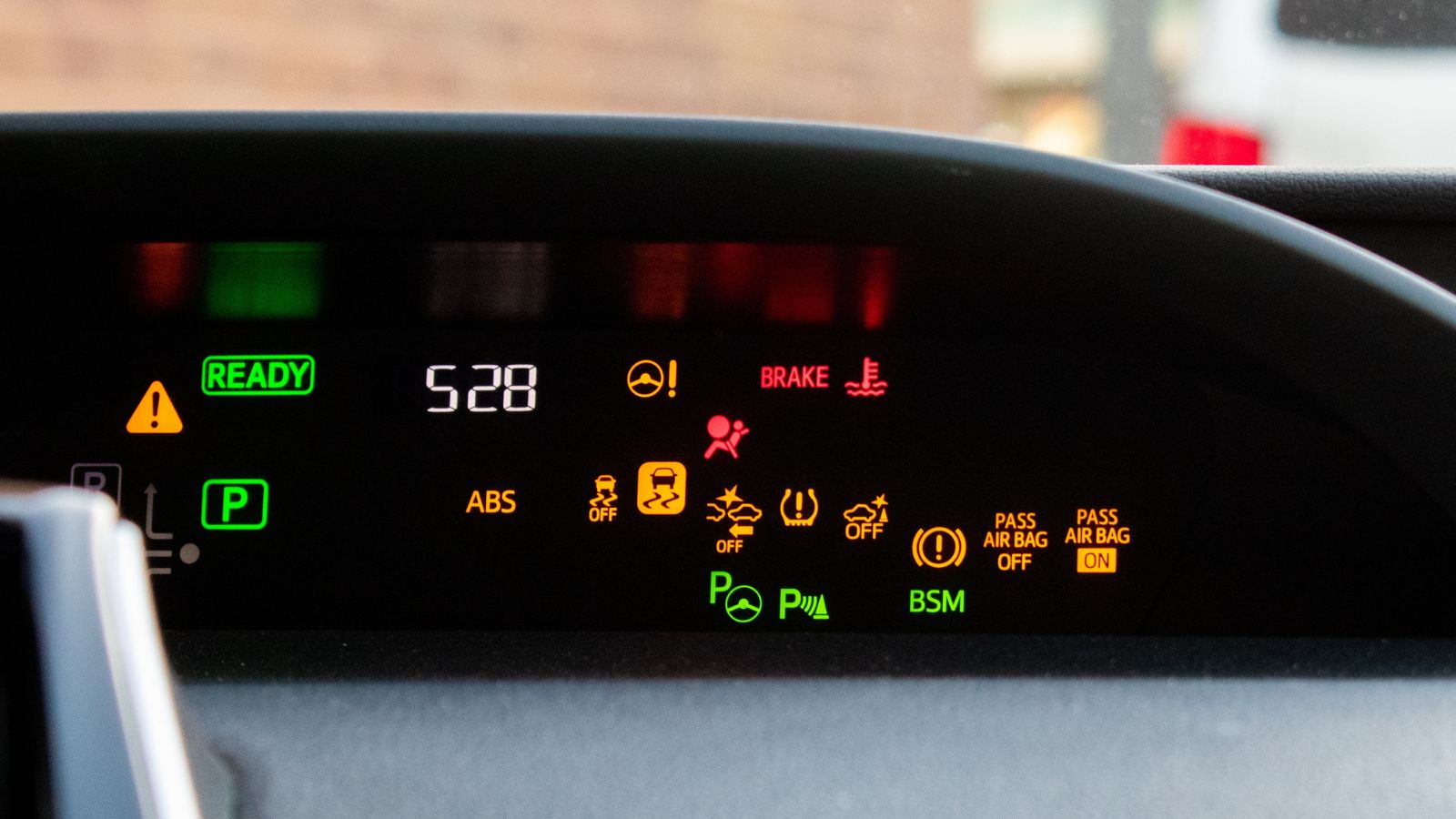
Whether it’s the engine check light or a low oil indicator, dashboard warning lights exist for a reason. Driving without addressing them might seem harmless at first, but it could lead to really bad engine damage or breakdowns which can cost thousands to repair.
For new drivers, it’s really important to recognize that these lights aren’t optional—they’re a critical part of vehicle maintenance and safety. You really don’t want something to go wrong when you’re driving at high speeds down the highway.
Hard Braking at the Last Moment
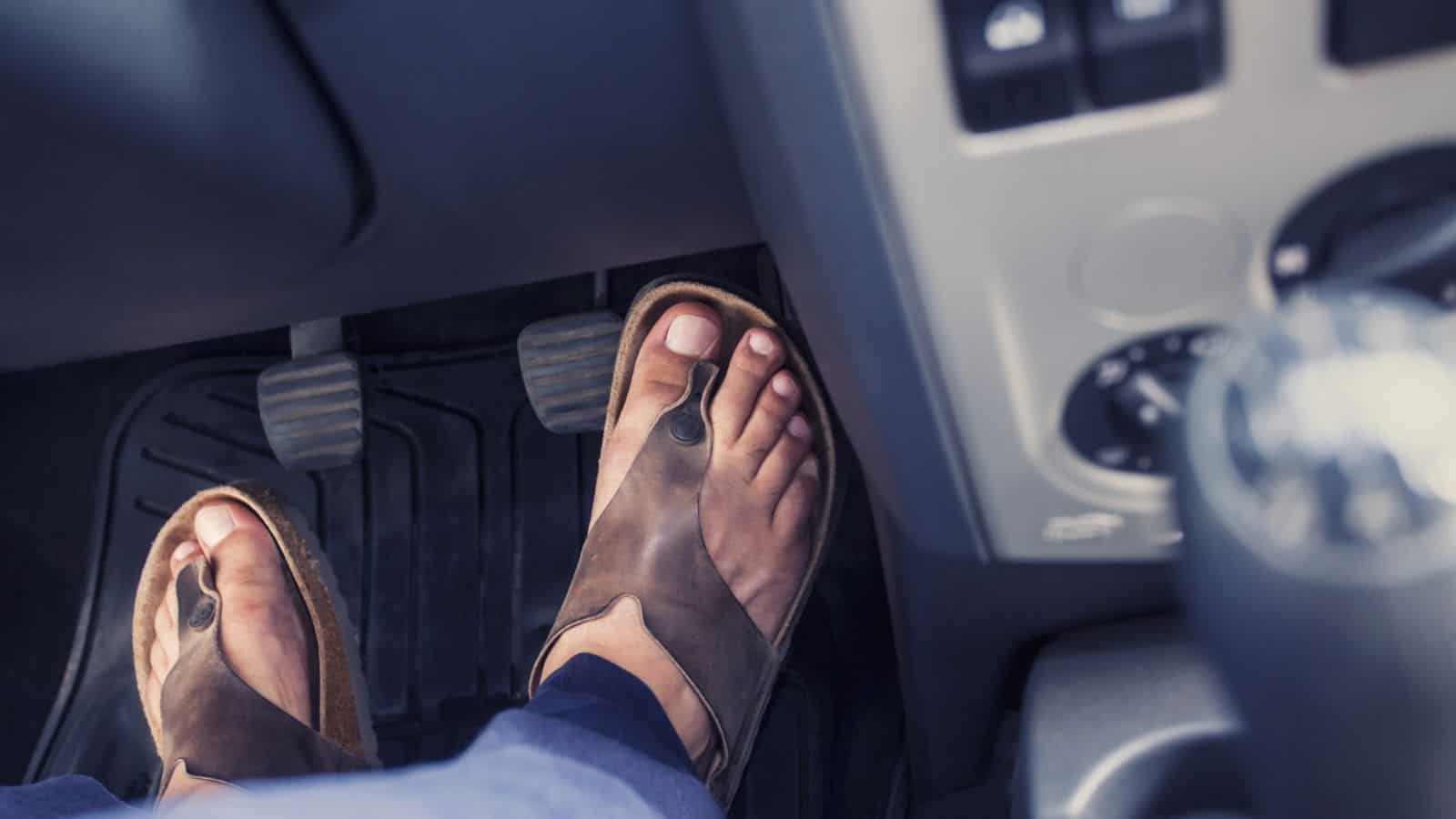
New drivers often misjudge distances, waiting until the last second to stop. Over time, this habit will mean your brakes will need to be replaced far quicker than they should. Practicing smooth braking by anticipating stops early not only extends the life of your brakes but also makes it a safe experience for you and everyone else on the road around you. If you can develop these good braking habits early on, you will be sure to be a better driver, and you’ll avoid unnecessary expenses.
Revving a Cold Engine
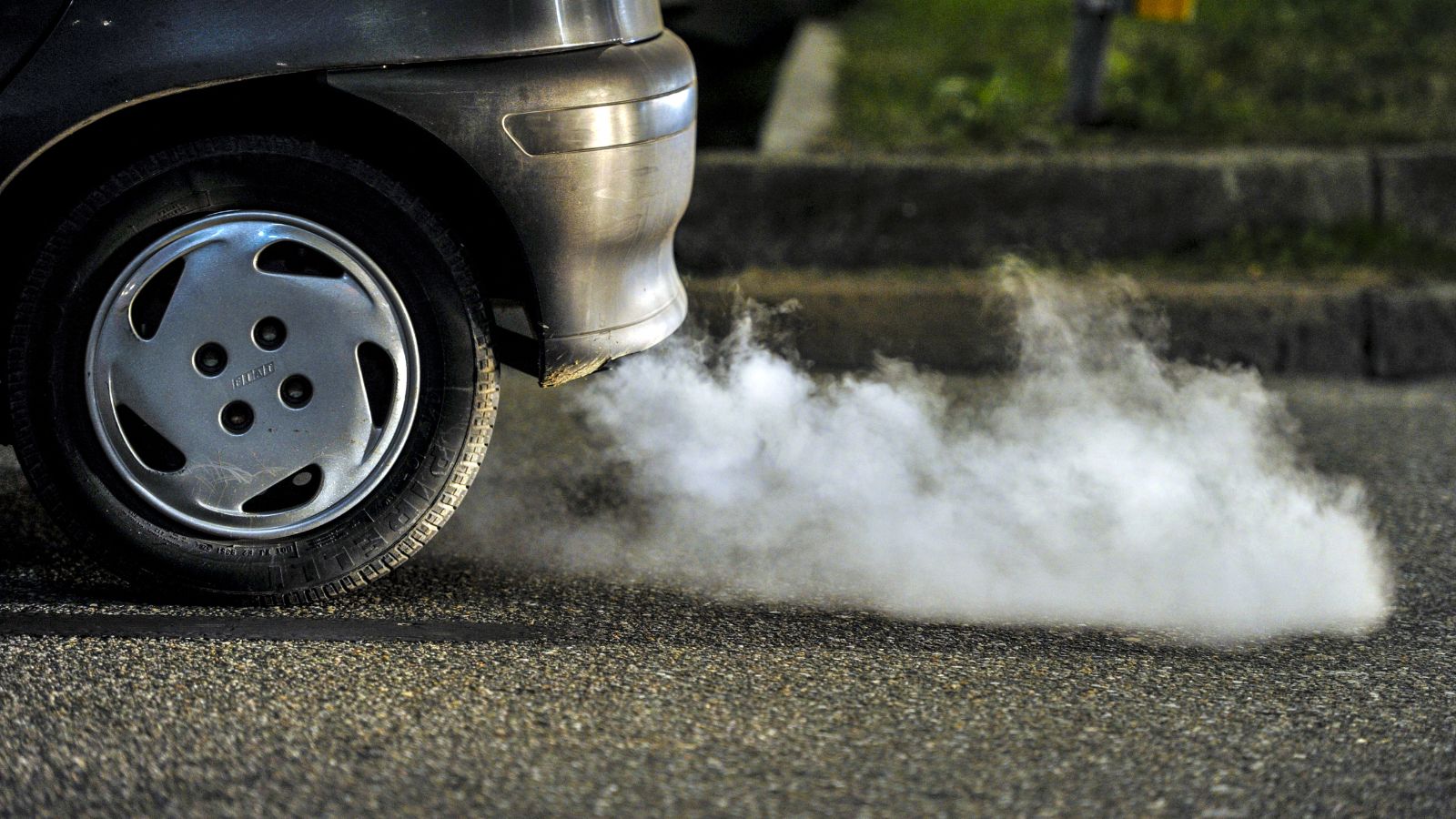
Cold engines need time to circulate oil and reach optimal operating temperatures. If you rev your car too soon, it places strain on engine components, increasing the likelihood of damage and some big repair bills. Instead, let the engine idle for a few moments before driving, especially on those really cold days. New drivers may not realize the importance of doing this, but it’s a habit that will certainly pay off if you want to extend the life of your vehicle.
Riding the Clutch in Manual Cars
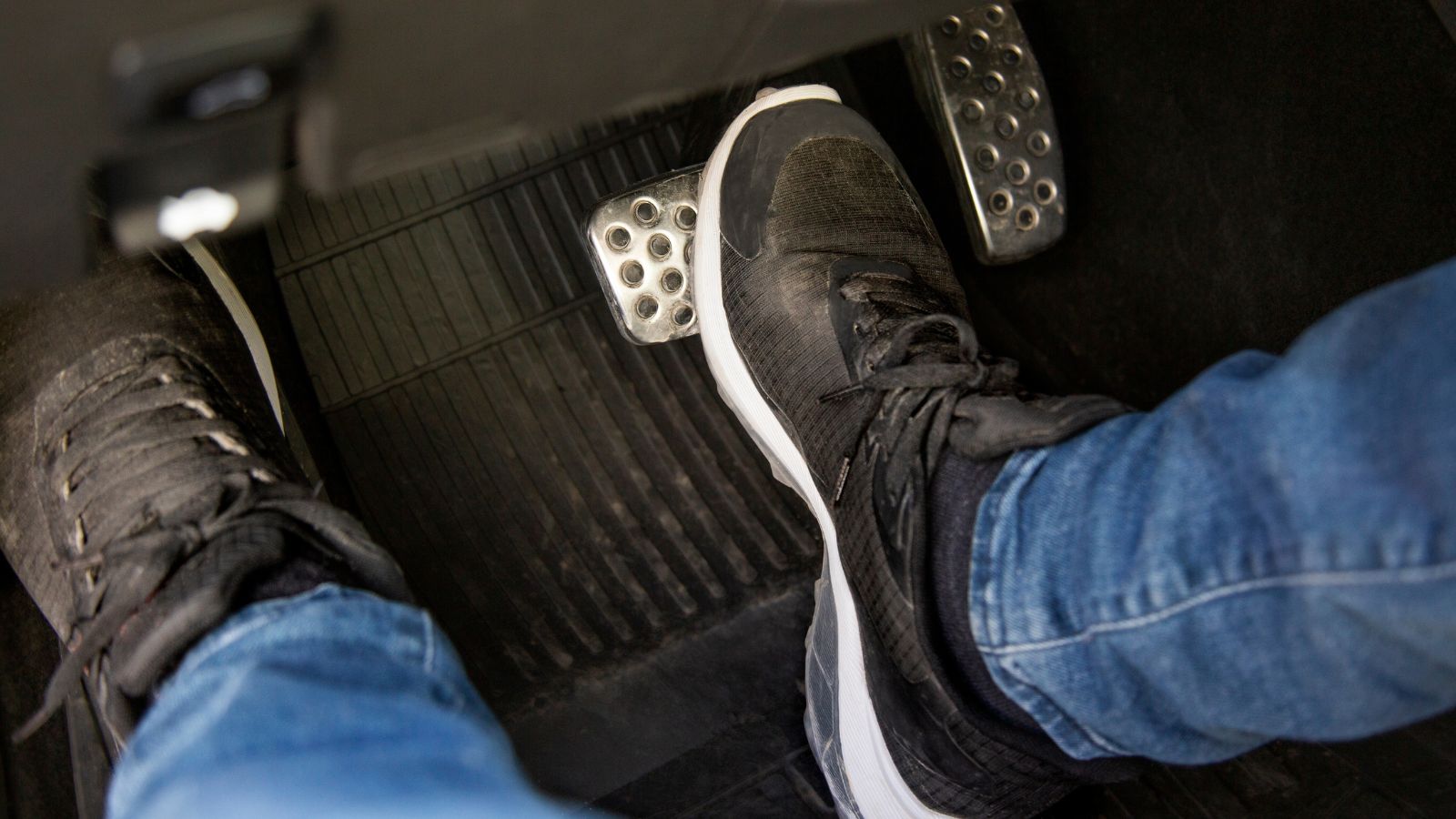
Manual cars come with their own set of challenges, and riding the clutch is a common mistake among beginners. If you keep your foot partially pressed on the clutch pedal while driving or waiting at a stoplight, you’re actually wearing out your clutch plates.
Over time, this mistake can lead to some really expensive clutch replacements. Instead, fully release the pedal once the gear is engaged and put your vehicle in neutral at stoplights. This habit not only preserves the clutch but also improves your overall driving technique.
Overloading the Vehicle

Excess weight strains the suspension, tires, and braking system in your car, reducing their lifespan and effectiveness when you might need them most. Additionally, it can make your fuel efficiency worse, so you should always check your car’s owner’s manual for the recommended load limit and stick to it. Overloading isn’t just a bad habit—it’s a safety risk that can lead to long-term damage and higher repair costs.
Forgetting Regular Oil Changes
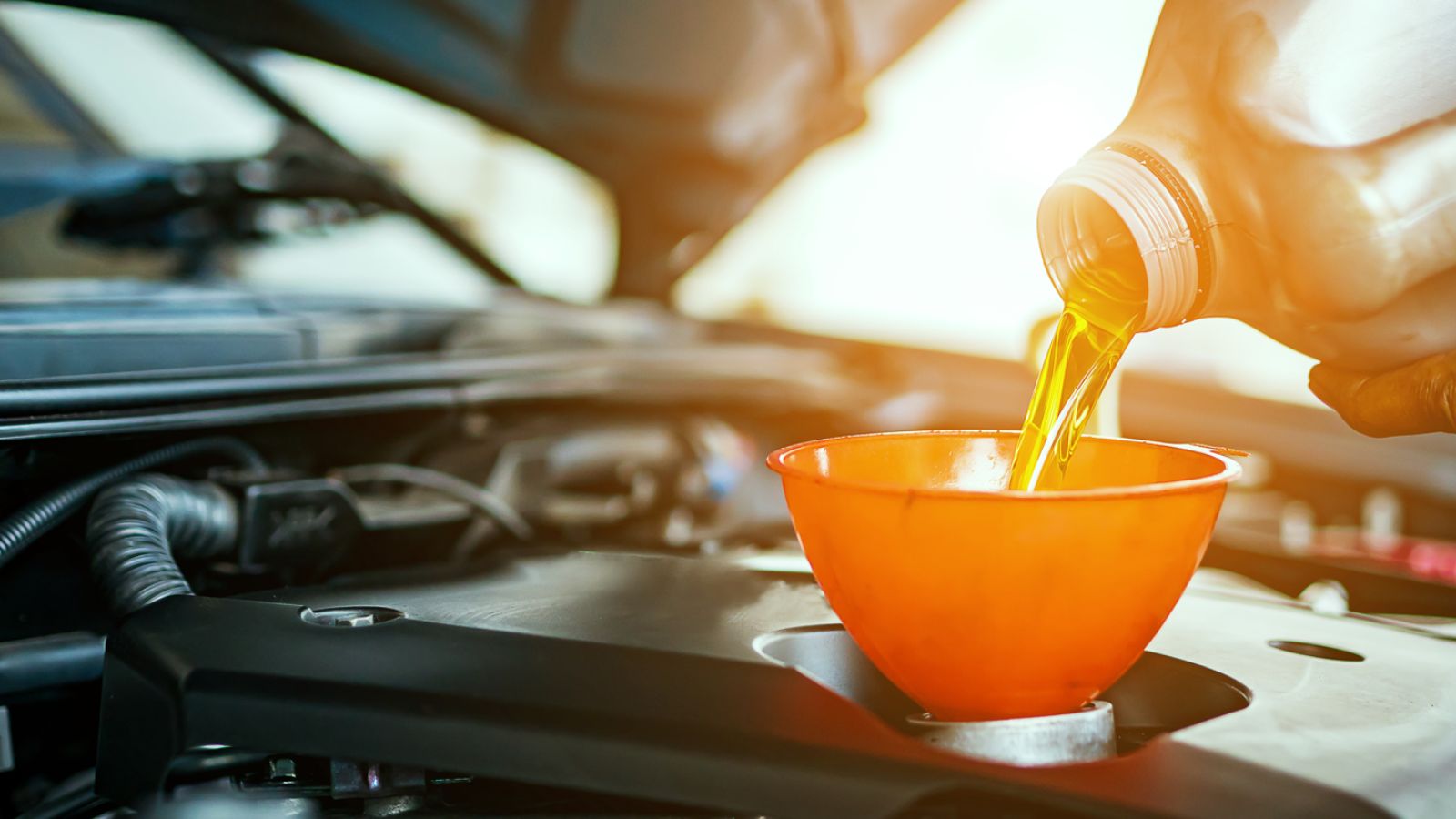
Engine oil keeps internal components lubricated, stopping there from being too much friction and heat. Without fresh oil, parts can wear out faster, leading to severe damage or even engine failure. A new driver potentially doesn’t understand how important regular oil changes are to the health and safety of their car. But, whether you drive short distances or long distances, staying on top of oil changes is crucial to staying safe and protecting your vehicle.
Resting Hands on the Gear Lever

For manual car drivers, resting a hand on the gear lever while driving might feel natural, but it’s actually a bad habit. This seemingly harmless action puts unnecessary pressure on the transmission’s internal components, causing wear over time.
Keeping both hands on the steering wheel will keep you safe from hazards on the road, but it also prevents premature wear on the gearbox. Breaking this bad habit early can save you from some significant repair costs down the line.
Neglecting Tyre Pressure Checks

Many new drivers forget about their tire pressures, assuming they’re just a minor detail. However, having the wrong inflation reduces traction, increases braking distances, and even affects your fuel economy.
This can lead to dangerous blowouts while you’re driving or uneven tire wear. New drivers probably don’t know how expensive new tires are, or they wouldn’t be making this mistake, would they? A simple tool like a pressure gauge makes it easy to maintain the right levels, protecting both your tires and your wallet.
Skipping Brake Maintenance
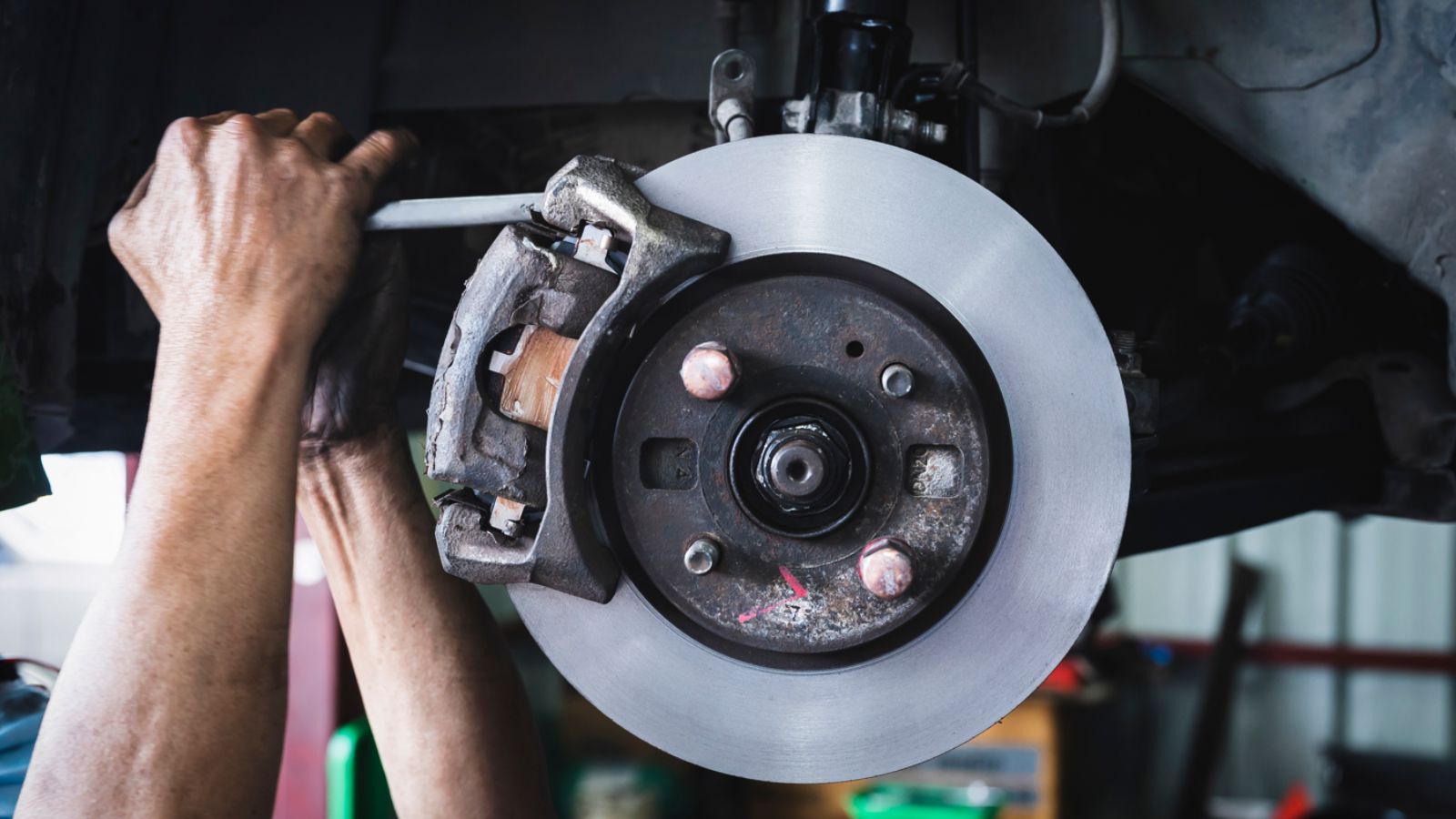
Delaying replacements can cause serious damage to your brakes, leading to some really expensive repairs if something goes badly wrong before you fix it. Regular inspections, even if your brakes seem fine, are crucial for safety and longevity. Recognizing the early signs of maintenance issues helps prevent much bigger problems and will keep you safe.
Driving with Low Fuel Levels
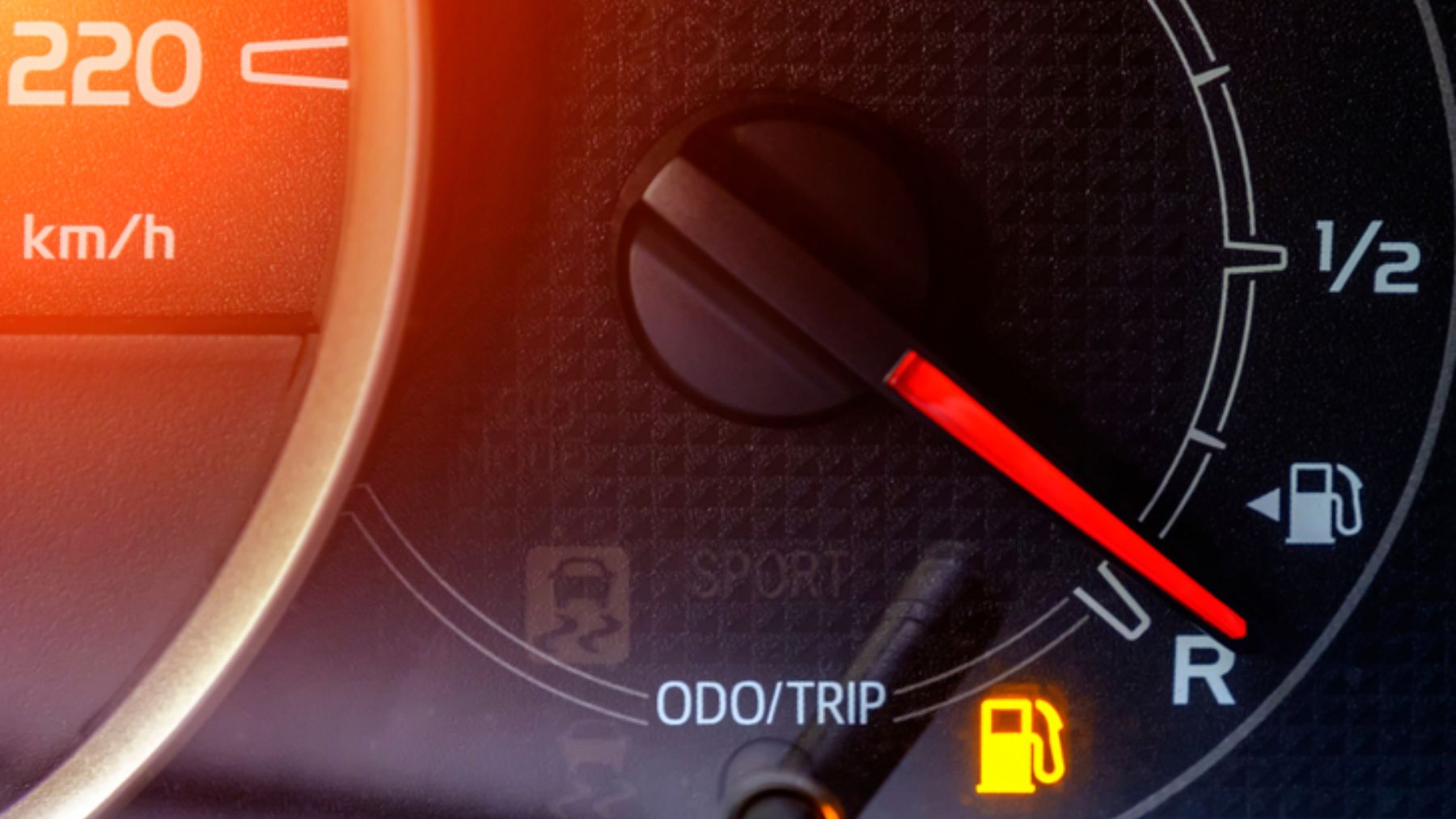
When you drive with really low fuel levels, sediments at the bottom of the tank get pulled into the fuel pump and filter, potentially clogging them. Eventually, this can lead to expensive repairs or replacements.
New drivers often underestimate how much strain this habit places on the car’s components, so it’s good to remember that you should refuel when your tank is about a quarter full to prevent damage and keep your vehicle running smoothly. Consistently maintaining a healthy fuel level will also stop new drivers from finding themselves stranded without fuel!
Neglecting Coolant Levels
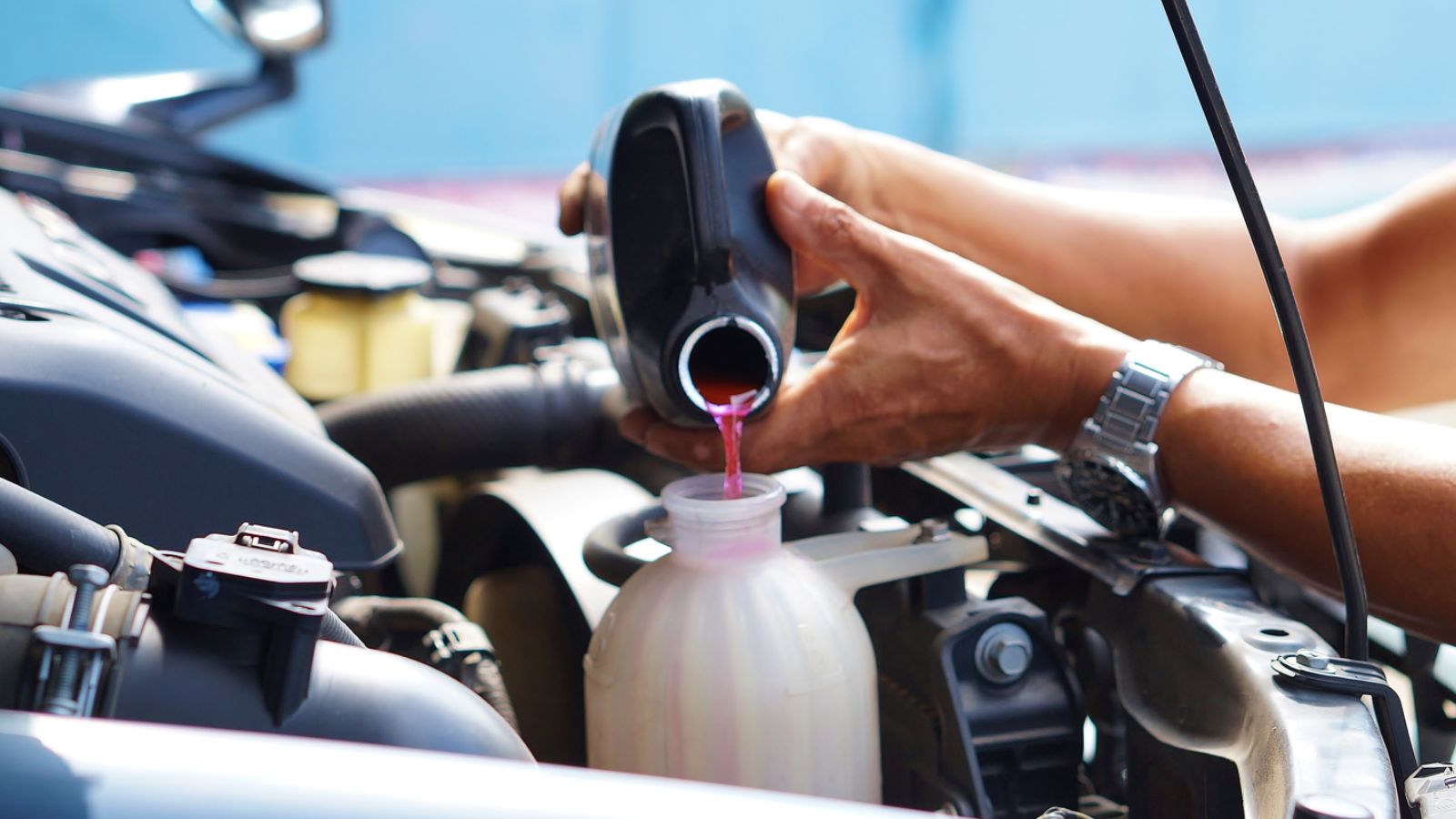
Failing to monitor coolant levels can lead to overheating, one of the most damaging conditions for an engine. Coolant helps keep engine temperatures normal, preventing components from warping or seizing together under extreme heat. Lots of new drivers overlook this crucial fluid, assuming it doesn’t need frequent attention. However, regularly checking and topping off the coolant, especially before long trips, is a simple yet vital step.
Shifting to Park While Moving
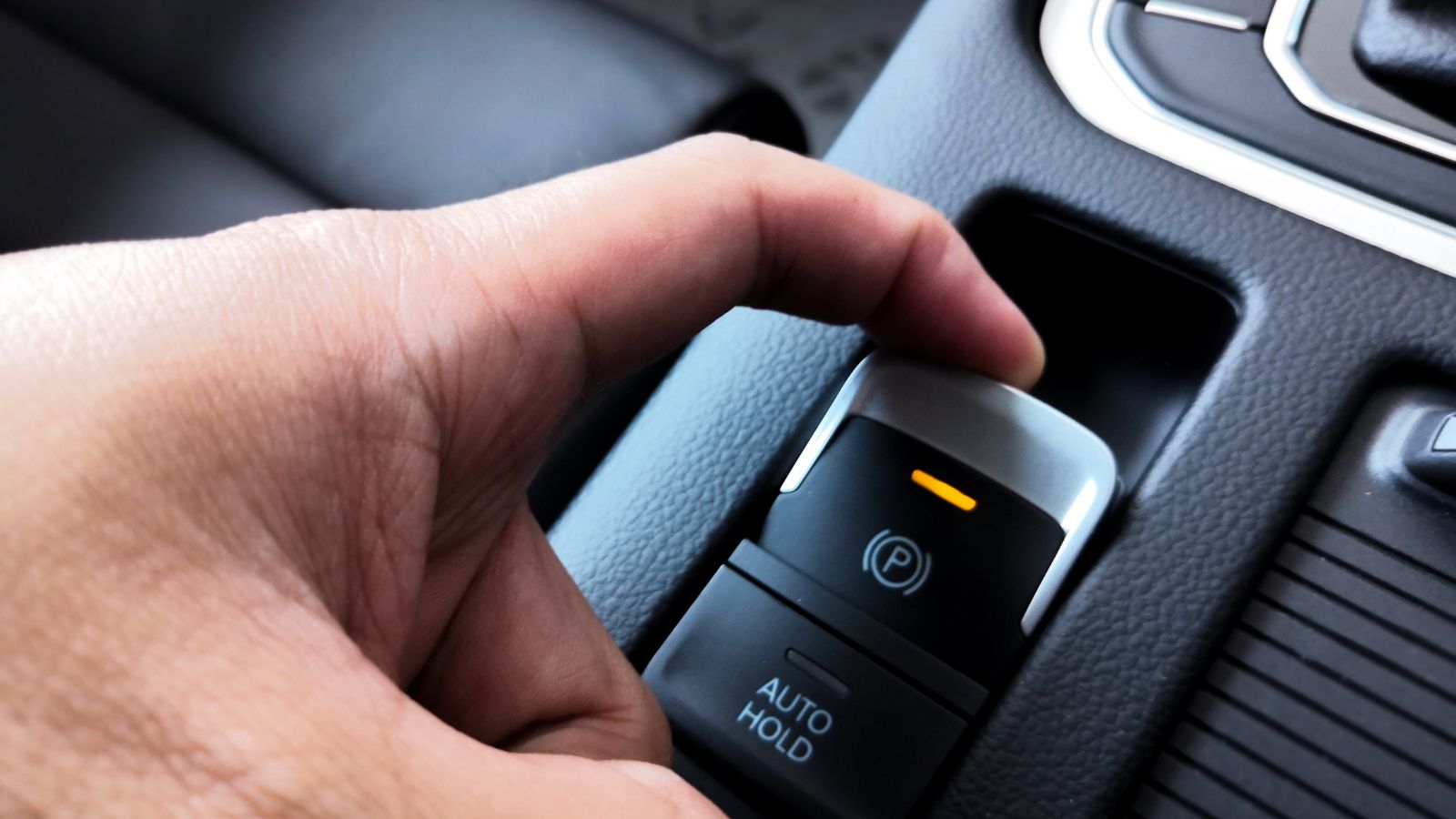
By putting an automatic car into park before coming to a complete stop, you might end up causing serious damage, even though it might seem harmless. The parking pawl, a small metal part that locks the transmission in place, wasn’t designed to engage while the car was still moving.
If you do this over and over again, you will find yourself with a hefty bill from your mechanic. New drivers need to understand how the transmission works, not only to prolong their engine life, but also to keep their driving habits safe and efficient.
Ignoring Unusual Noises

Unfamiliar noises often mean there are some underlying issues that need your immediate attention. New drivers may dismiss these sounds as minor or temporary, but they could be failing suspension parts or loose components that can cause serious problems. You should learn to identify and address unusual sounds as quickly as you can if you want to maintain a healthy vehicle. Taking action early can save both your time and money while keeping your car in peak condition.
Using Incorrect Gears in Automatics
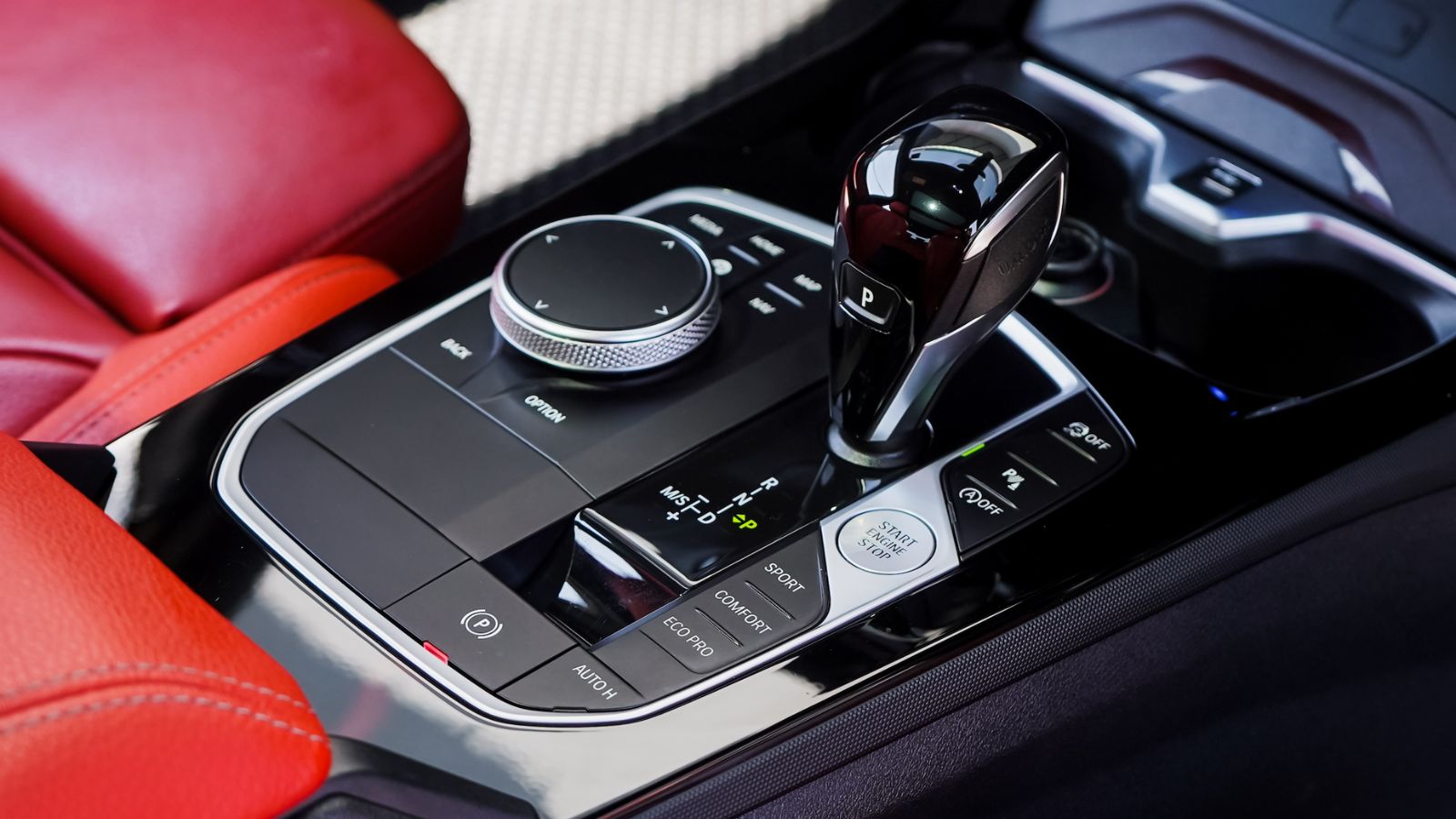
In automatic cars, selecting the wrong gear for specific driving conditions can really bad strain the transmission. For instance, using “D” when descending steep hills forces the brakes to work harder, increasing wear. Many new drivers stick to “D” without considering the long-term mechanical problems it can lead to.
Understanding your car’s gear options and when to use them will help protect your transmission and ensure a smoother driving experience for you and your passengers.
Forgetting About Wheel Alignment
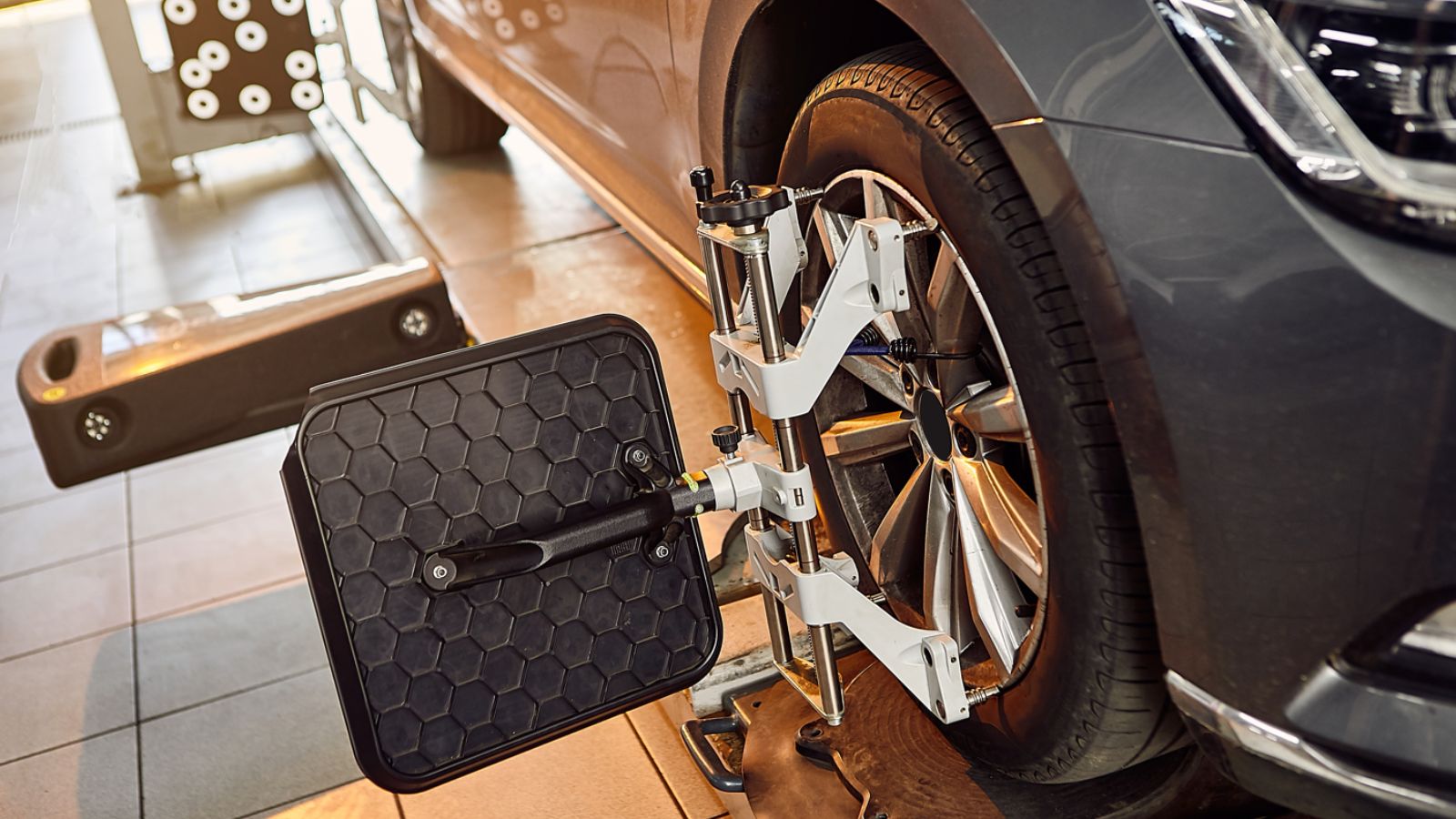
Over time, wheels can become misaligned due to all sorts of things like potholes or curbs. Misalignment causes uneven tire wear, making replacements necessary sooner than expected. New drivers often overlook alignment checks, not realizing that they also affect the handling and fuel efficiency of their cars. Scheduling regular alignment checks helps preserve your tires, improve road safety, and avoid unnecessary expenses at the repair shop. They will also make your car feel a lot more comfortable whilst driving.
Overusing Cruise Control
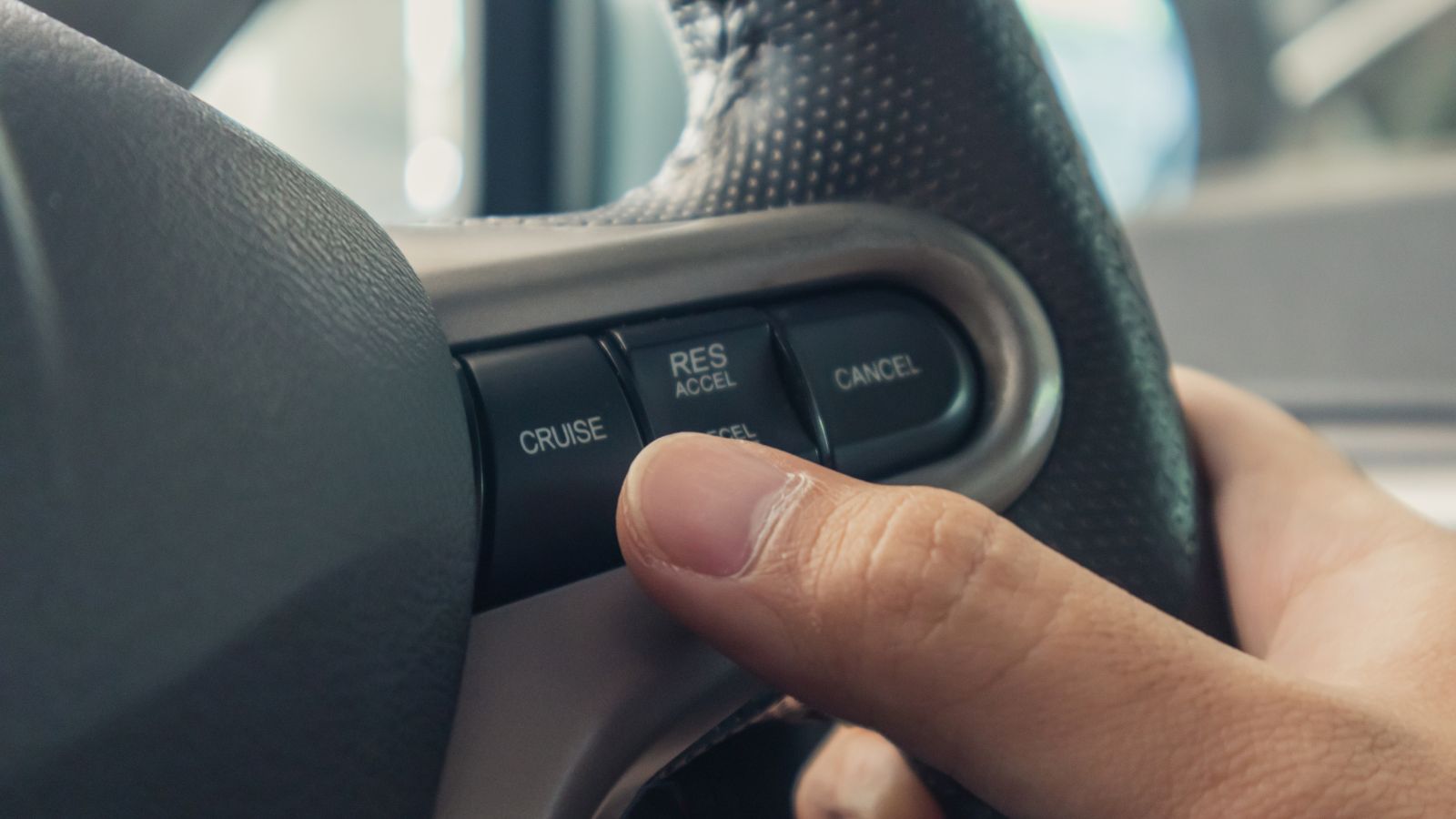
Cruise control is super convenient on highways, but relying on it too much in other conditions can be dangerous and harmful to your engine. On hilly terrain, for instance, cruise control can cause unnecessary strain on the engine and transmission.
In wet or icy conditions, it may even reduce how much grip you have on the road, increasing the risk of accidents. Learning to use cruise control selectively means you can drive without compromising safety or damaging your car’s systems.
Driving Through Flooded Roads
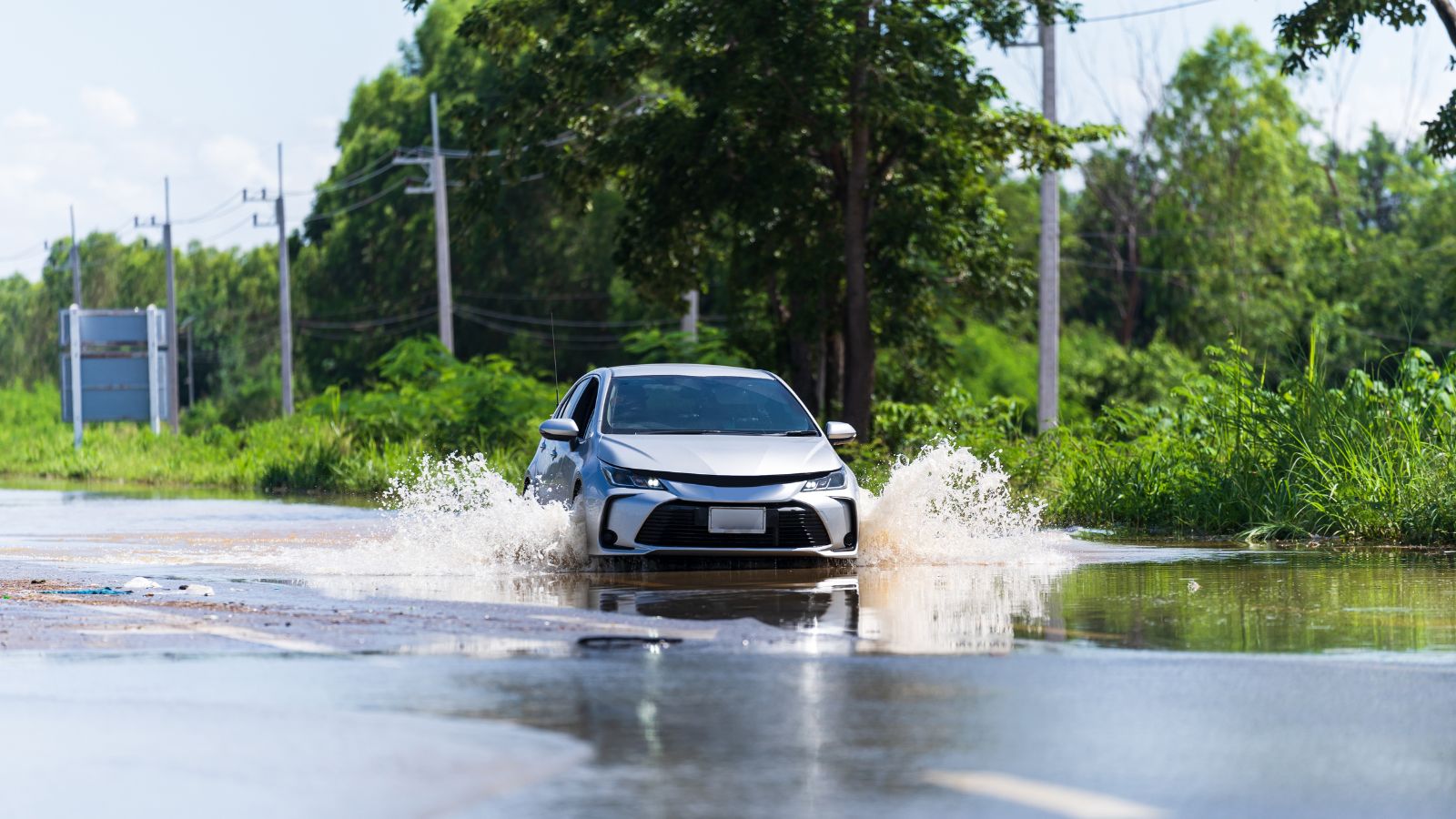
Waterlogged streets can tempt new drivers to push through, but doing so risks serious engine damage. Modern cars have low air intakes, and water that goes into them can cause hydrolocking—a catastrophic failure that often requires a full engine replacement. Other than this, water can damage electrical components and lead to corrosion of loads of different parts of your car. If you encounter a flooded road, it’s best to turn around or find an alternative route.
